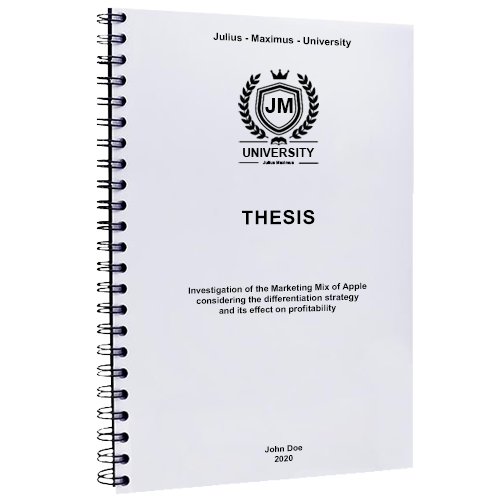About one-third of the U.S. population has a bachelor’s degree, according the U.S. Census Bureau. By comparison, just 13 percent of the population holds a master’s degree or a higher professional degree.
With fewer people pursuing advanced degrees after leaving their undergraduate years behind, it stands to reason that graduate programs are more competitive than most undergrad programs. However, this is not always the case.

Much like acceptance rates of undergrad programs depending on the university and the degree, the acceptance rates of master’s degree programs will vary as well. Some programs have a near 100 percent acceptance rate, while others accept fewer than 5 percent of the students who apply.
Whether you’re applying to a highly competitive graduate program or not, it’s a good idea to learn a few key strategies to increase your chances of acceptance. Keep reading to learn more.
1. Check the Requirements Ahead of Time
Much like applying to your bachelor’s degree program, applying to a graduate program is often more complicated than simply filling out a few forms. Most master’s degree programs will have a long list of requirements that you’ll need to fulfill. This includes both education requirements and application materials.
You may need to have taken certain courses while earning your bachelor’s degree. Or, you may need to provide letters of recommendation from your supervisors or former professors. In either case, knowing the requirements of your degree program long before you begin your application is a good idea. This will allow you plenty of time to take any courses that you’re missing or to ask others to write letters of recommendation.
2. Study to Improve Your GRE Score
Many graduate programs require applicants to take the Graduate Record Exam (GRE) before applying. Your GRE score is used by some programs to make sure that you have a certain level of knowledge and will be able to excel in the program. Others may use GRE scores as a competitive test between students.
Studying for the GRE and improving any poor scores can help you improve your chances of being accepted into the graduate degree program of your choice.
3. Consider an Online Master’s Degree Program
If you’re currently working a full-time job and will need to continue to earn that income while pursuing your master’s degree, applying to a traditional program might not be a good choice. Even if you are accepted, you’ll face the tough decision of figuring out whether or not it makes sense to leave your career behind and take a break to further your education.
Online degrees a great choice for those who plan to continue working full time while earning their degree. Whether you’ve been out of undergrad for years and aren’t keen on going back to a traditional college program, or you don’t want to put your career on hold, earning your degree online offers a simple alternative. Whether you’re trying to earn a master of arts in teaching or business there are many online master’s degree programs to choose from.
Applying for Your Graduate Degree Program of Choice
From making sure that you meet any requirements ahead of time to considering an online program to better fit your current schedule, putting these strategies to work can help you improve your chances of being accepted into your graduate degree program of choice.


